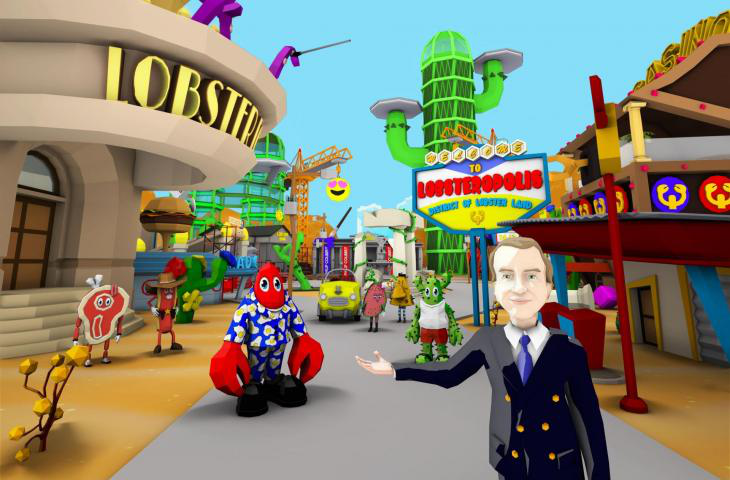When the Virtual World and Metaverse are Dubbed the Future of the Internet
The concept of the metaverse, a virtual reality space where users can interact with a computer-generated environment and other users, has been gaining traction as a potential future of the internet. With advancements in technology and the increasing popularity of virtual worlds, the idea of a fully immersive online experience is becoming more plausible than ever before.
The Rise of Virtual Worlds
Virtual worlds have been around for decades, with platforms like Second Life paving the way for immersive online experiences. However, recent developments in augmented reality (AR) and virtual reality (VR) have propelled the concept of virtual worlds into the mainstream consciousness. These technologies allow users to not only interact with digital environments but also to experience them in a way that feels lifelike and immersive.
Exploring the Metaverse
The term “metaverse” was coined by science fiction author Neal Stephenson in his 1992 novel “Snow Crash.” In the book, the metaverse is depicted as a virtual reality space where users can interact with each other and digital objects in a three-dimensional environment. While the metaverse of today may not be as advanced as the one described in Stephenson’s novel, the idea of a shared virtual space where people can work, play, and socialize is becoming increasingly feasible.
The Potential of the Metaverse
Proponents of the metaverse believe that it has the potential to revolutionize the way we interact with the internet. Instead of browsing static web pages, users could explore fully immersive virtual worlds where they can shop, attend events, and even build their own digital creations. The metaverse could also have applications in fields like education, healthcare, and entertainment, offering new ways to learn, communicate, and collaborate online.
Challenges and Considerations
While the concept of the metaverse holds promise, it also presents several challenges and considerations. Privacy and security are major concerns, as users may be hesitant to share personal information in a virtual environment. There are also questions about ownership and governance, as the companies that develop virtual worlds will have significant control over the digital spaces they create.

Conclusion
As technology continues to advance, the idea of the metaverse as the future of the internet is becoming more plausible. Virtual worlds offer new opportunities for exploration, creativity, and social interaction, and they have the potential to revolutionize the way we experience the online world. While there are still many challenges to overcome, the vision of a fully immersive internet is no longer just science fiction—it’s becoming a reality.